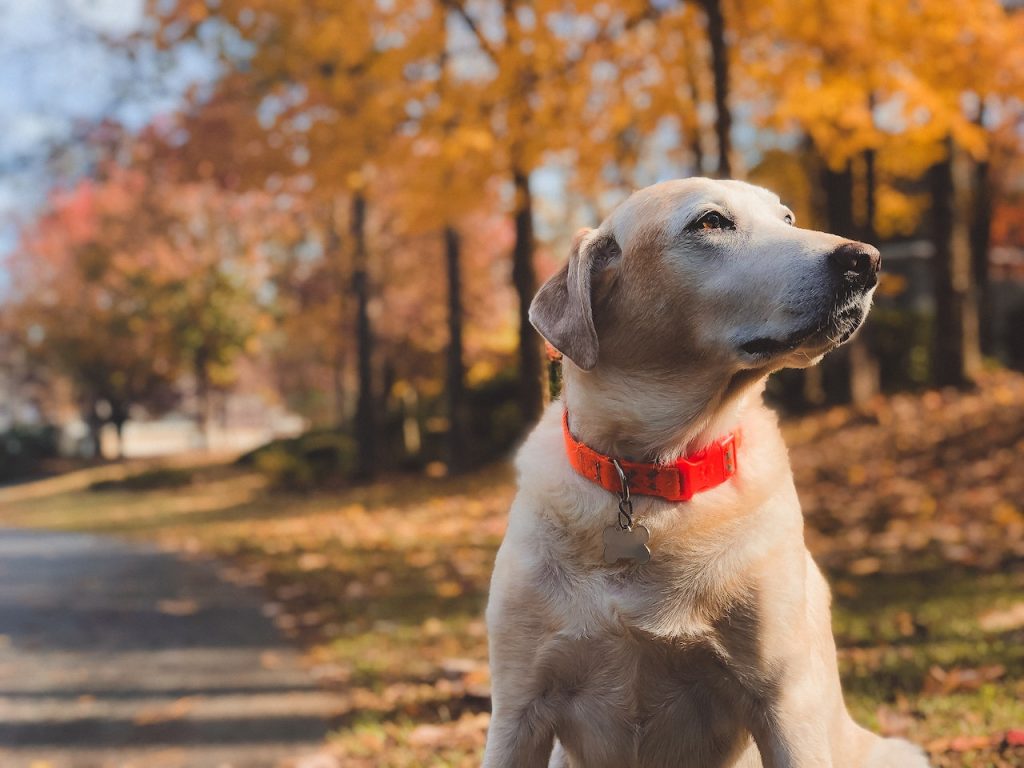Selecting the perfect dog is a big decision that requires careful thought and consideration. Whether you’re an active individual looking for a running companion or someone who prefers a laid-back lifestyle, finding a dog that matches your daily routine, living space, and preferences is crucial. One of the most important factors to consider when choosing a pet is dog sizes. Understanding dog breed sizes, their grooming needs, exercise requirements, and health considerations can ensure that you and your furry friend have a happy and fulfilling life together.
At Kontota, we recognize the importance of making an informed decision when it comes to pet ownership. This guide will provide an in-depth look at dog sizes, answering common questions like “what size dog should I get” and “dog breeds size”, while also exploring grooming requirements and overall care needs for small, medium, and large dogs. By the end of this guide, you’ll have all the answers you need to select the best dog for your home and lifestyle.
Factors to Consider When Choosing a Dog Size
Lifestyle and Activity Level
Your lifestyle plays a significant role in determining the right dog size for you. If you are an active person who enjoys running, hiking, or spending time outdoors, a larger, high-energy breed may be a great choice. Breeds like the Labrador Retriever or Border Collie thrive in homes where they receive plenty of physical and mental stimulation. On the other hand, if you have a more sedentary lifestyle, a smaller breed such as the French Bulldog or Pug may be a better fit. These dogs require less exercise and are content with shorter walks and playtime indoors.
Living Space and Accommodations
The amount of space available in your home is another key factor in choosing the right dog size. If you live in a small apartment, a compact breed like the Chihuahua or Maltese might be more suitable. Smaller breeds adapt well to confined spaces and don’t need large yards to run around. However, if you have a house with a large backyard, a medium or large breed may thrive. Owners mostly ask, “how big is a medium sized dog” and “what is considered a medium sized dog”, so the answer is these breeds usually weigh between 20 to 50 pounds and are ideal for people looking for a balance between small and large breeds.
Allergies and Shedding Concerns
Pet allergies are a significant concern for some individuals, making it essential to consider dog breed sizes that produce fewer allergens. Hypoallergenic breeds like the Poodle or Bichon Frise are excellent choices for allergy sufferers, regardless of dog measurements. Smaller breeds mostly shed less than their larger counterparts, but this isn’t always the case. Grooming requirements also play a role in how much hair a dog leaves around the house, making regular brushing essential for all breeds.
Family Dynamics
Your household’s composition should also influence your decision. If you have children, selecting a breed known for its patience and playfulness is important. Golden Retrievers and Beagles are well-suited for families with kids due to their friendly and social nature. If your household includes elderly members, smaller breeds that are easier to manage, such as the Shih Tzu or Pekingese, might be a better fit. Understanding dog sizes makes it easy for you to choose a breed that matches your family’s lifestyle.

Small Dog Breeds: Characteristics and Grooming Needs
Suitability of Small Breeds
Small dogs, typically weighing under 20 pounds, are ideal for individuals living in compact spaces or those who prefer dogs that are easier to handle. They are known for their affectionate nature, adaptability, and ability to thrive in both apartments and houses.
Examples of Small Breeds
Chihuahuas are among the smallest dog sizes, known for their big personalities and loyalty. Another popular breed is the Pomeranian, known for its fluffy coat and energetic nature. Small breeds often fit into categories of dog breed sizes that require minimal exercise but still benefit from regular play sessions.
Grooming Needs for Small Dogs
Many small breeds require frequent grooming to maintain a healthy coat. Regular brushing helps prevent tangles, particularly for long-haired breeds like the Yorkshire Terrier. Smaller breeds often have finer fur that requires gentler care. Pet owners frequently wonder, small dogs generally reach full size by 12 months, while larger breeds may take up to 24 months to fully mature.
Medium-Sized Dog Breeds: Balance Between Small and Large
Suitability of Medium Breeds
Medium-sized dogs are versatile and offer a balance between the energy of large breeds and the manageability of small breeds. They are great for families, active individuals, and those who want a dog that is neither too big nor too small.
Examples of Medium Breeds
Bulldogs and Australian Shepherds fall into the dog size range that is considered medium. Bulldogs are known for their calm demeanor, while Australian Shepherds excel in agility and obedience training. People mostly ask, what size is a medium dog? typically, a medium dog weighs between 20 to 50 pounds and stands between 18 to 24 inches in height.
Grooming Needs for Medium Dogs
Medium-sized breeds have a range of coat types, from short-haired breeds that require minimal maintenance to long-haired breeds that need regular brushing. Regular baths and nail trimming to help maintain hygiene, while shedding levels vary based on the breed.
Large Dog Breeds: Space and Exercise Requirements
Suitability of Large Breeds
Large breeds require ample space and consistent exercise to stay happy and healthy. They form strong bonds with their owners and serve as loyal companions. However, potential dog owners should be prepared for the additional costs associated with feeding and grooming larger breeds.
Examples of Large Breeds
German Shepherds and Labrador Retrievers are among the most popular large breeds. They are intelligent, loyal, and excel in various working roles. Understanding dog measurements helps in selecting a breed that matches the owner’s ability to handle and care for a larger pet.
Grooming Needs for Large Dogs
Larger breeds often require more frequent grooming, especially those with thick double coats. Brushing a few times a week helps prevent matting, and professional grooming services may be necessary for maintaining coat health. Owners should also keep an eye cleaning, dental care, and nail trimming to ensure overall well-being.

FAQs
1. What size dog should I get?
The right dog size depends on your lifestyle, living space, and activity level. Smaller dogs are great for apartments, while medium and large breeds thrive in homes with ample outdoor space.
2. How big is a medium-sized dog?
Medium-sized dogs typically weigh between 20-50 pounds and range from 18-24 inches in height.
3. Do small dogs require less grooming?
Not necessarily. While smaller dogs shed less, some breeds require frequent brushing and professional grooming.
4. What is considered a medium-sized dog?
Medium breeds include Bulldogs, Australian Shepherds, and Border Collies, known for their balance of size, energy, and adaptability.
Conclusion
Choosing the right dog size is an important step in building a harmonious relationship between you and your pet. Whether you’re looking for a small, medium, or large breed, considering factors like activity level, living space, and grooming requirements will help you make the best choice. People often ask, “what size dog should I get”, and the answer depends on personal lifestyle and commitment to pet care.
At Kontota, we are dedicated to helping pet owners groom their dogs timely with our mobile dog grooming services. Our resources provide detailed guidance for all pet owners. Explore more pet care advice and grooming solutions at Kontota to keep your pet happy and healthy for years to come.



